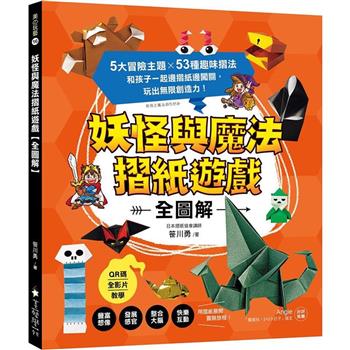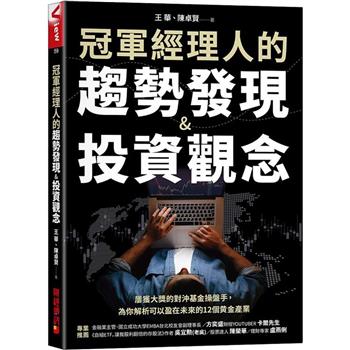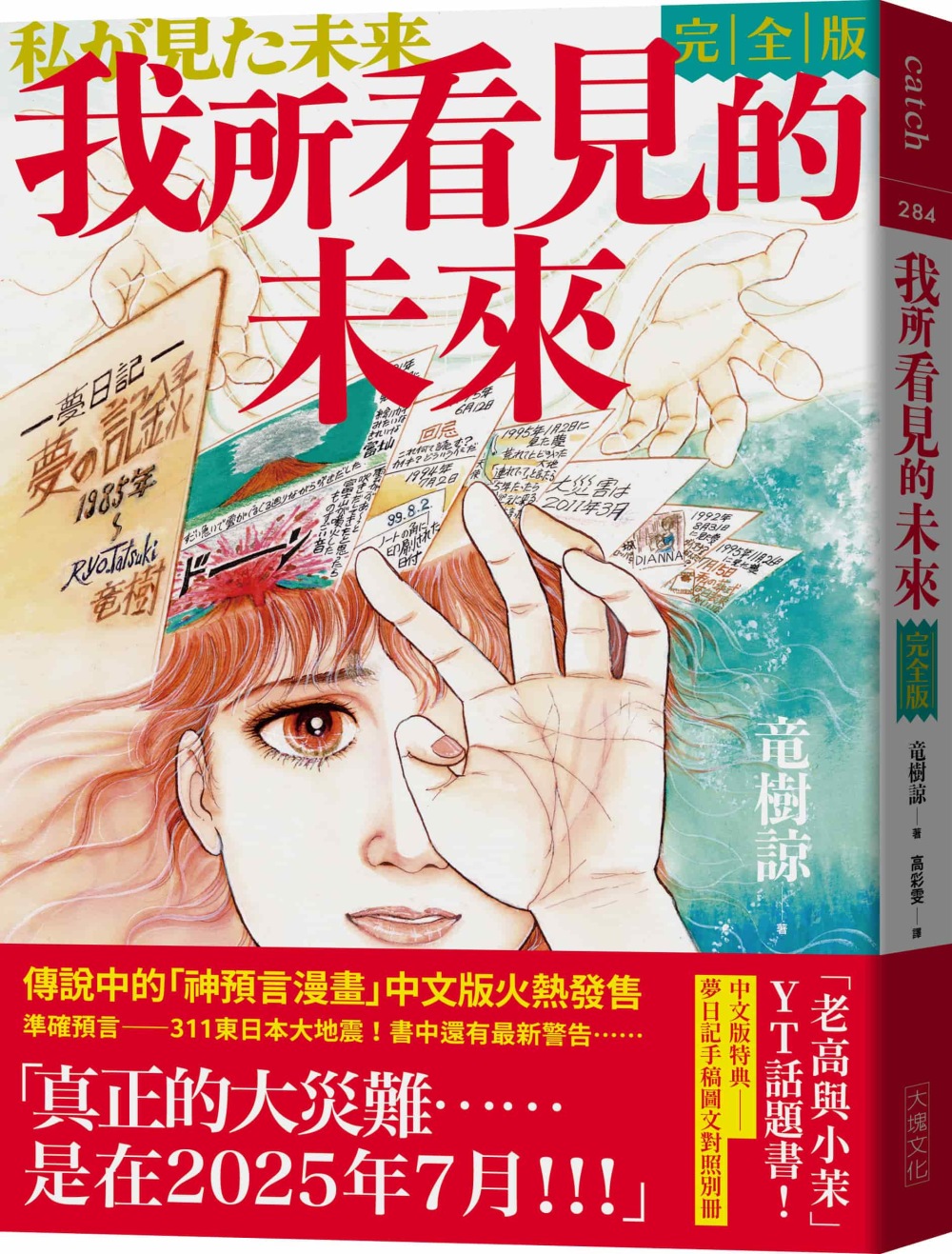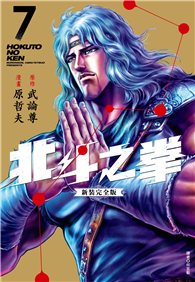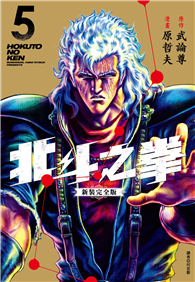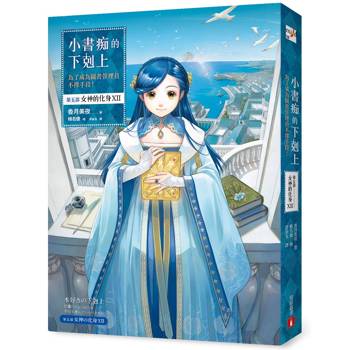In 1949 Mao Zedong hoisted the red flag over Beijing's Forbidden City. Instead of liberating the country, the communists destroyed the old order and replaced it with a repressive system that would dominate every aspect of Chinese life. In an epic of revolution and violence which draws on newly opened party archives, interviews and memoirs, Frank Dikötter interweaves the stories of millions of ordinary people with the brutal politics of Mao's court. A gripping account of how people from all walks of life were caught up in a tragedy that sent at least five million civilians to their deaths.
Reviews
“A brilliant and powerful account of the formation of that society ... Nobody who reads about the cost of the establishment of the PRC in Dikotter's humane and lucid prose will find much sympathy for the authoritarian case. This excellent book is horrific but essential reading for all who want to understand the darkness that lies at the heart of one of the world's most important revolutions” – Guardian
“Frank Dikötter, now well into his stride as a meticulous chronicler of China's greatest miseries ... The Tragedy of Liberation is a tightly-written narrative of the twelve most pivotal years in modern Chinese history ... The book is also a dispassionate study of the way nations can pervert optimism and descend into lunacy by steady increments ... The Tragedy of Liberation is more unsettling. For what it tells us about the foundations of the modern Communist Party, and the backstory to so many decisions and statements made in Beijing today, it is essential reading” – The Times
“Frank Dikötter's powerful new book is a bold and startling attempt to rectify this apparent neglect. In a cool, dispassionate narrative, Dikötter recounts the orgy of violence which the communists set loose ... The Tragedy of Liberation demonstrates why he has established himself as a leading historian of modern China. He is a rare scholar, adept in both Russian and Chinese ... Dikötter has a writer's gift in the use of English ... Dikötter must be admired for the manner in which he puts a human scale on the enormous barbarities of the communist takeover of China. We cannot begin to understand modern China without being aware of the blood-drenched tale Dikötter so ably relates” – Kwasi Kwarteng, Evening Standard
“A mesmerizing account of the communist revolution in China, and the subsequent transformation of hundreds of millions of lives through violence, coercion and broken promises. The Chinese themselves suppress this history, but for anyone who wants to understand the current Beijing regime, this is essential background reading” – Anne Applebaum
“This follow up to Dikötter's award-winning Mao's Great Famine examines the early bloodstained years of Communist China” – The Times, Critics' Choices
“One-party states take control of the past as they take control of societies. Usually they must end for serious historical discussion to begin. A great intellectual challenge of our century is to historicize the People's Republic even as it continues to exist. Dikötter performs here a tremendous service by making legible the hugely controversial origins of the present Chinese political order” – Tim Snyder
“A history of early Maoist China puts paid to any notion of a “golden age” ... In The Tragedy of Liberation ... Frank Dikotter convincingly demolishes this rosy assessment of the early People's Republic ... The book is a remarkable work of archival research. Dikotter rarely, if ever, allows the story of central government to dominate by merely reporting a top-down directive. Instead, he tracks down the grassroots impact of Communist policies – on farmers, factory workers, industrialists, students, monks – by mining archives and libraries for reports, surveys, speeches and memoirs. In so doing, he uncovers astonishing stories of party-led inhumanity and also popular resistance ... Dikotter sustains a strong human dimension to the story by skilfully weaving individual voices through the length of the book” – Financial Times
“This groundbreaking book examines the bloodstained reality behind the word and reveals how it brought tragedy to millions. Frank Dikotter is already the author of a revelatory book about China's great famine of 1958-62, and in this prequel – unsparing in its detail, relentless in its research, unforgiving in its judgments – he deals in the same way with the Chinese revolution from 1945 to 1957 ... This exhaustive trawl through Chinese archives charts the full cost of those early years of change ... Dikotter's achievement in this book is remarkable. He has mastered a mass of original source material, and has done so by mining local archives in China, which have yielded up a host of treasures. (Significantly, scholars are now reporting the steady closure of official records, as local bureaucrats revert to old habits of secrecy and isolation. This may be the last work of its kind for a while.) ... Staggering amount of detail ... For many years, histories of China have treated the 1950s as if the decade was an interlude of reason. That belief does not survive contact with this book ... It is clear to this reviewer, at least, that mainstream academic scholarship must also be revised in the light of Dikotter's work. In particular, volume 14 of the Cambridge History of China, which covers the period of this book, will have to be rewritten” – Sunday Times
“Path-breaking ... Some of what Dikotter describes has been known in general terms, but what he has done here – as when he was writing about the later famine – is take advantage of the opening of archives in which firsthand official reports and accounts of death in all its forms, together with the myriad other forms of Maoist horror, can now be read unedited. It will be increasingly difficult for Western China specialists to write with authority based only on previous Western publications or on Chinese public statements. We remain in Frank Dikotter's debt” – Literary Review
“With a mixture of passion and ruthlessness, he marshals the facts, many of them recently unearthed in party archives. Out of these, Mr Dikotter constructs a devastating case for how extreme violence, not a moral mandate, was at the heart of how the party got to power, and of how it then governed ... He was ready to lead the country into the giant experiment of the Great Leap Forward. Mr Dikotter has already written about that in “Mao's Great Famine”, which this book only betters. The final volume of his planned trilogy will be on the Cultural Revolution, bringing the curtain down on a truly disastrous period” – Economist
“Frank Dikotter's powerful new book is a bold and startling attempt to rectify this apparent neglect. In a cool, dispassionate narrative, Dikotter recounts the orgy of violence which the communists set loose ... The Tragedy of Liberation demonstrates why he has established himself as a leading historian of modern China. He is a rare scholar, adept in both Russian and Chinese ... Combined with this linguistic skill, Dikotter has a writer's gift in the use of English. The narrative of The Tragedy of Liberation is always clear and simple ... Dikotter ... Must be admired for the manner in which he puts a human scale on the enormous barbarities of the communist takeover of China. We cannot begin to understand modern China without being aware of the blood-drenched tale Dikotter so ably relates” – Scotsman
| FindBook |
有 1 項符合
The Tragedy of Liberation: A History of the Chinese Revolution 1945-1957的圖書 |
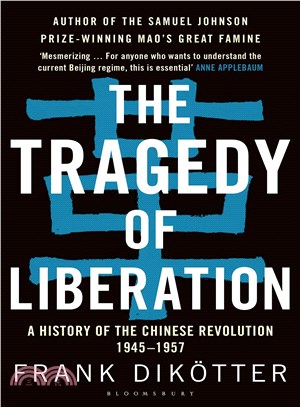 |
The Tragedy of Liberation ─ A History of the Chinese Revolution, 1945-1957 作者:Frank Dikötter 出版社:Bloomsbury 出版日期:2017-02-09 語言:英文 規格:平裝 / 400頁 / 12.9 x 19.8 cm / 普通級/ 單色印刷 / 初版 |
| 圖書館借閱 |
| 國家圖書館 | 全國圖書書目資訊網 | 國立公共資訊圖書館 | 電子書服務平台 | MetaCat 跨館整合查詢 |
| 臺北市立圖書館 | 新北市立圖書館 | 基隆市公共圖書館 | 桃園市立圖書館 | 新竹縣公共圖書館 |
| 苗栗縣立圖書館 | 臺中市立圖書館 | 彰化縣公共圖書館 | 南投縣文化局 | 雲林縣公共圖書館 |
| 嘉義縣圖書館 | 臺南市立圖書館 | 高雄市立圖書館 | 屏東縣公共圖書館 | 宜蘭縣公共圖書館 |
| 花蓮縣文化局 | 臺東縣文化處 |
|
|
圖書介紹 - 資料來源:博客來 評分:
圖書名稱:The Tragedy of Liberation: A History of the Chinese Revolution 1945-1957
內容簡介
作者介紹
作者介紹
馮客(Frank Dikotter)
1961年出生於荷蘭,曾任教於倫敦大學亞非學院,現為香港大學歷史系講座教授。自1992年以來出版過多部關於近現代中國的研究著作:The Discourse of Race in Modern China 、 Sex, Culture and Modernity in China、The Construction of Racial Identities in China and Japan、Imperfect Conceptions: Medical knowledge,Birth Defects and Eugenics in China、Crime, Punishment and the Prison in Modern China、Narcotic Culture: A History of Drugs in China、Exotic Commodities : Modern Objects and Everyday Life in China、China before Mao : The Age of Openness。2011年以《毛澤東的大饑荒:1958-1962年的中國浩劫史》榮獲塞繆爾‧約翰遜獎;《解放的悲劇:新中國革命史1945-4957》亦入圍了2014年歐威爾獎。
馮客(Frank Dikotter)
1961年出生於荷蘭,曾任教於倫敦大學亞非學院,現為香港大學歷史系講座教授。自1992年以來出版過多部關於近現代中國的研究著作:The Discourse of Race in Modern China 、 Sex, Culture and Modernity in China、The Construction of Racial Identities in China and Japan、Imperfect Conceptions: Medical knowledge,Birth Defects and Eugenics in China、Crime, Punishment and the Prison in Modern China、Narcotic Culture: A History of Drugs in China、Exotic Commodities : Modern Objects and Everyday Life in China、China before Mao : The Age of Openness。2011年以《毛澤東的大饑荒:1958-1962年的中國浩劫史》榮獲塞繆爾‧約翰遜獎;《解放的悲劇:新中國革命史1945-4957》亦入圍了2014年歐威爾獎。
|
